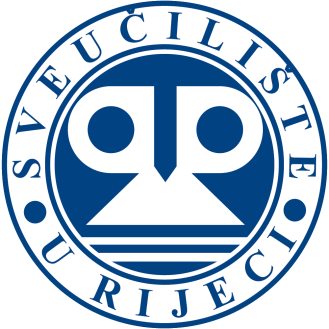Microenvironment factors in the prognosis of prostate cancer
Principal Investigator: Assistant professor Gordana Ðorđević
Department: Department of Pathology, Faculty of Medicine
Institution: University of Rijeka, Croatia
Tag: 13.06.2.2.57
Key words: bcl-2, CD44, IL-8, prostate cancer, microenvironment, MMP 2,9, NFkB, p53, TIL
Prostate cancer is the most common malignancy and the second most frequent cause of death among men. The choice of therapy according to the latest criteria of aggressiveness and risk recurrence based still on the classical clinicopathological factors. Recent research based on changes of the microenvironment and tumor infiltrating lymphocytes (TIL's) which can initiate progression of cancer. The remodeling of the extracellular matrix (ECM) and epithelial mesenchymal transition (EMT) starts with a reduced expression of adhesion molecules, increased expression of matrix metalloproteinases (MMPs), which is provoked especially by the action of chemokines, among others interleukin-8 (IL-8). Previous retrospective studies ECM changes in prostate cancer within the project "Molecular mechanisms of tumor expression and metastasis of breast cancer and prostate cancer" (062-0620095-0077), included the importance of tissue expression of MMP 2 and 9, CD44 and Ki67 molecules in prostate cancer prognosis. The study of molecular biomarkers p53, NFkB, bcl 2 contributed to the knowledge of the importance of the different expression of cell cycle regulators for the behavior of prostate cancer in the moment of radiotherapy. Planned continuation of this work should compare these molecules in different groups of patients in relation to the therapy. Planned continuation of this work should compare these molecules in different groups of patients in relation to the therapy. According to the risk guidelines for patients with localized disease, our prospective study is based on the expectation that the determination of IL-8 and MMP 9 in the serum could indicate a moment of tumor progression and the need for more aggressive therapies. We expect that the quantification and the characterization of TIL, along with clinical pathological parameters, could be used as a simple clinical index in predicting recurrence based on the immune response of the tumor.
The proposed research should also give a better insight into the events between tumor cells and the microenvironment. This work would include as members of a broader team, urologists, not only in the institutions but also outside of it using clinical knowledge specialists privatized institutions and research experience of internationally recognized foreign scholars (Humanitas Centre Milan). Our efforts, enabled with this support, would enrich and expand the research portfolio of the parent institution in better defining prognostic factors of prostate cancer microenvironment.



